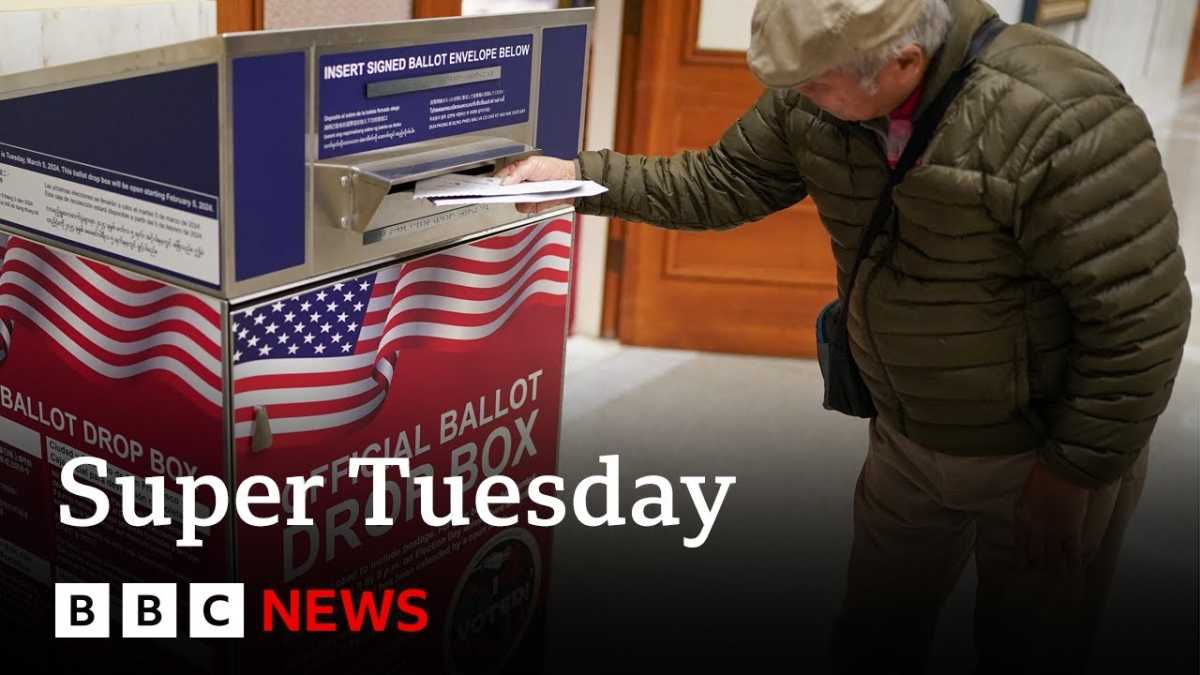Politics
Super Tuesday: A Pivotal Day in the US Presidential Primaries

Super Tuesday is here, marking a pivotal day in the US presidential primaries as voters across sixteen states and American Samoa cast their ballots. This day, often referred to as ‘Super Tuesday,’ holds immense significance, with over one-third of the total delegates up for grabs for both the Republican and Democratic parties.
The day kicks off with polls opening in Vermont at 6 a.m. ET and concludes with polls closing in Alaska at midnight ET. Throughout the day, voters in various states will participate in nominating contests with different rules and delegate allocation methods.
In the Republican primaries, a total of 865 delegates are at stake on Super Tuesday, comprising around 36% of all delegates in the entire race. States like California, Maine, Massachusetts, Utah, and Vermont will award all their delegates to the majority vote-winner, while others like Tennessee and Minnesota have specific thresholds for delegate allocation. The GOP nominee must secure at least 1,215 delegates to clinch the majority.
On the Democratic side, President Joe Biden remains the clear favorite in all contests. Delegates are awarded proportionally based on meeting a 15% threshold, allowing the possibility for other candidates to gather some delegates based on primary results.
Superdelegates, whose influence has diminished since 2016, can only vote for the nominee on the first ballot if they are pledged delegates. As the race progresses, more than 47% of the delegates will have been awarded after Super Tuesday, shaping the path to the party conventions.
Notable states and territories participating on Super Tuesday include Washington DC, Michigan, South Carolina, and Colorado, each presenting unique dynamics and challenges. Contenders like Adam Schiff and Katie Porter are vying for key positions, while former Dodgers star Steve Garvey throws his hat in the ring in California.












